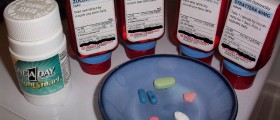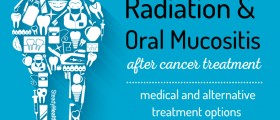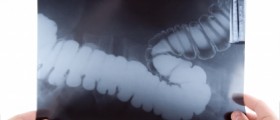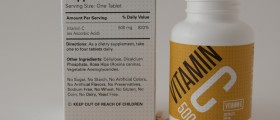Overview
According to researchers at the University of Alberta, in Canada, sodium dichloroacetate (DCA) is a relatively inexpensive chemical compound that has shown to have some potential as an alternative treatment of certain cancers.
At the University of Florida, the safety of DCA was tested by being used in several trials with patients suffering from cancers such as glioblastoma.

How does it work?
Another potential feature of DCA that allows it to help reduce cancer cells in the body is that it has the potential ability to break the cycle where lactic acid is converted to glucose. The lactic acid that is produced by the body when oxygen isn't available to feed cells, such as cancer cells, is detoxified by the liver and the end result of this process is the production of glucose which then proceeds to further feed the cancer cells. Using DCA to aid in disrupting this process though is somewhat controversial since there are better ways to reduce circulating glucose in the bloodstream, such as decreasing carbohydrate intake in the diet and increasing physical activity for the body's muscles to use this primary fuel source.
Evidence
With all this being said, currently, there is not enough evidence in the form of clinical trials to definitively prove that DCA is as effective a treatment as drugs and therapies that are being used to cure cancer.
At the moment, the ANCI lists three trials that are using DCA; one, examining the effect of the compound in patients with solid tumours; the second, where the treatment is being used in patients with neck and head tumours; and the third, where DCA is being used together with a chemotherapeutic drug known as cisplatin and radiation therapy in patients with head and neck tumours.
Current uses
According to the American Cancer Society, the only medical indication for DCA is for removing warts and other skin growths. Along with being tested as potential medications in the treatment of cancer, researchers are performing trials to look at the efficacy of DCA in the reduction of lactic acid in conditions that cause this waste product from forming in the body, managing metabolic disorders, and treating high blood pressure (hypertension).
Side-effects
The only known side effects of DCA include mild neurological ones that seem to resolve on their own once the medication is discontinued.
- www.ncbi.nlm.nih.gov/pmc/articles/PMC2567082/
- Photo courtesy of SteadyHealth
















_f_280x120.jpg)